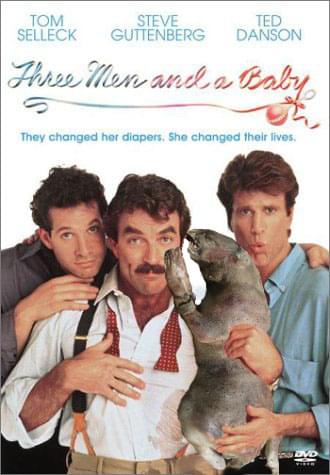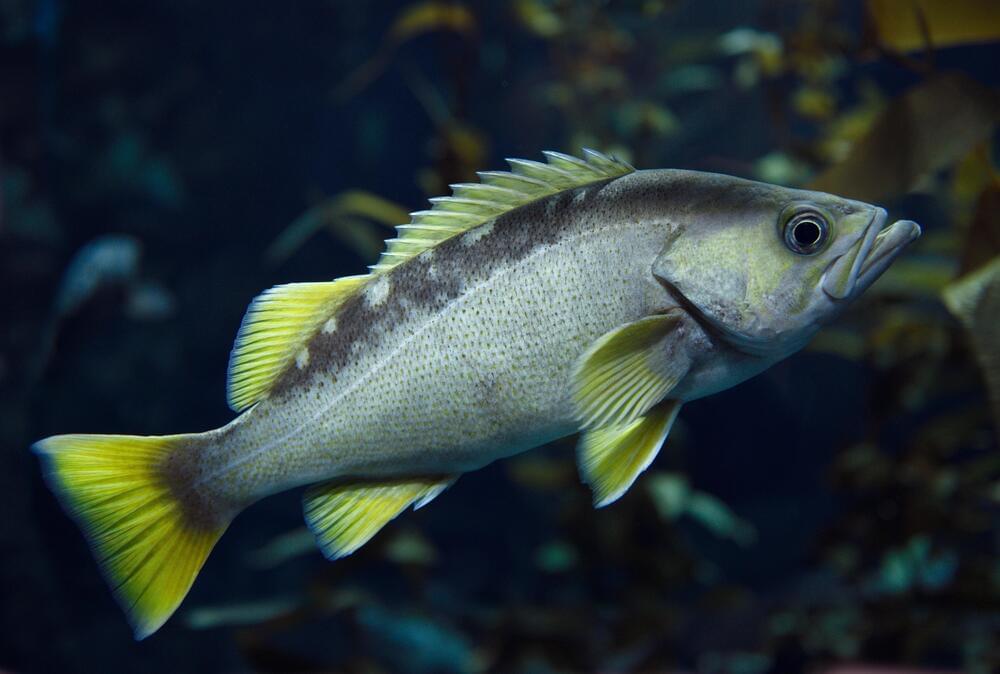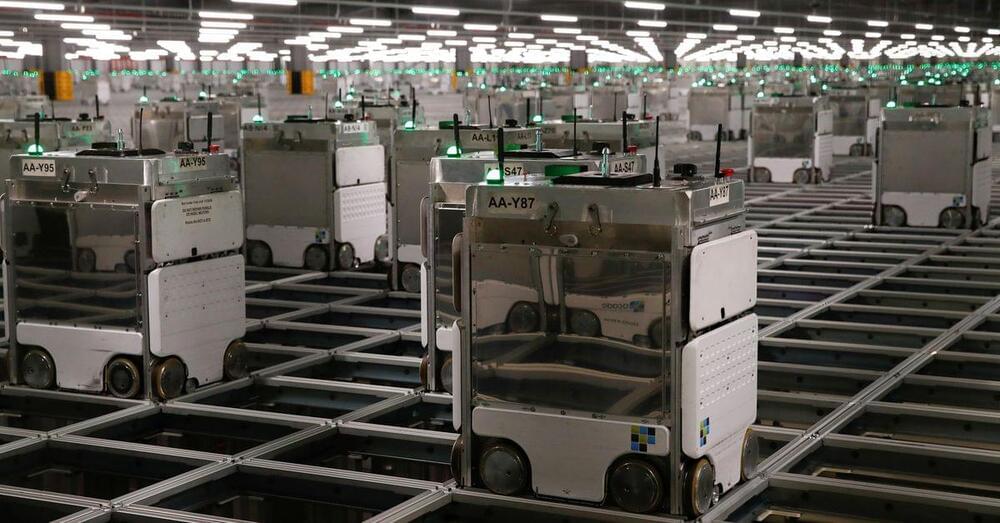The company has its hands in a lot of technology pies, from advanced robotics to autonomous cars, planes, chips, advanced AI, and even medical research. This week it offered a glimpse of an avatar-dominated collaboration metaverse.
Category: biotech/medical – Page 1,924

Artificial Intelligence Predicts Eye Movements
Summary: A newly developed AI algorithm can directly predict eye position and movement during an MRI scan. The technology could provide new diagnostics for neurological disorders that manifest in changes in eye-movement patterns.
Source: Max Planck Institute.
A large amount of information constantly flows into our brain via the eyes. Scientists can measure the resulting brain activity using magnetic resonance imaging (MRI). The precise measurement of eye movements during an MRI scan can tell scientists a great deal about our thoughts, memories and current goals, but also about diseases of the brain.
Every Prototype that Led to a Realistic Prosthetic Arm
Since the early 2000s, private companies, governments, and research labs have been developing prosthesis that are a lot more advanced than previous designs. WIRED talked with Easton LaChapelle, founder and CEO of Unlimited Tomorrow, to understand how he designed, tested, and adopted his prosthetic arm.
The movie GENERATION IMPACT: THE INVENTOR, follows 25-year old innovator Easton LaChappelle, who developed the world’s lightest weight and most affordable bionic limb. GENERATION IMPACT: THE INVENTOR, can be viewed on HP.com’s digital hub, the Garage (http://hp.com/generation-impact) and YouTube.
Still haven’t subscribed to WIRED on YouTube? ►► http://wrd.cm/15fP7B7
Listen to the Get WIRED podcast ►► https://link.chtbl.com/wired-ytc-desc.
Want more WIRED? Get the magazine ►► https://subscribe.wired.com/subscribe/splits/wired/WIR_YouTu…ription_ZZ
Follow WIRED:
Instagram ►►https://instagram.com/wired.
Twitter ►►http://www.twitter.com/wired.
Facebook ►►https://www.facebook.com/wired.
Get more incredible stories on science and tech with our daily newsletter: https://wrd.cm/DailyYT
Metformin Impairs Exercise Training-Related Improvements In Older Adults
Join us on Patreon!
https://www.patreon.com/MichaelLustgartenPhD
Papers referenced in the video:
Metformin induces muscle atrophy by transcriptional regulation of myostatin via HDAC6 and FoxO3a.
https://pubmed.ncbi.nlm.nih.gov/34725961/
Metformin blunts muscle hypertrophy in response to progressive resistance exercise training in older adults: A randomized, double-blind, placebo-controlled, multicenter trial: The MASTERS trial.
https://pubmed.ncbi.nlm.nih.gov/31557380/
Metformin inhibits mitochondrial adaptations to aerobic exercise training in older adults.
https://pubmed.ncbi.nlm.nih.gov/30548390/

MDMA-assisted therapy for PTSD edges closer
Phase 3 clinical trials of MDMA-assisted psychotherapy for post-traumatic stress disorder (PTSD) are currently underway in the USA, Canada, and Israel.
These trials, led by the Multidisciplinary Association for Psychedelic Studies (MAPS), are the last step in figuring out if this treatment is safe and effective enough for MDMA to be legally prescribed to treat PTSD.
If there’s a positive result from the trials, this could happen in the USA as soon as 2022.

Montauk Monster: Dogfighting Washout?
The Montauk Monster is a pit bull, a dogfighting washout who washed up a Long Island beach. You heard it here first.
Or maybe you heard it elsewhere first. Even with Google Alert, it’s not easy to keep track of the rumors, speculation and rare pieces of actual news concerning the odd-looking corpse found in late July on a beach near Montauk, New York.
First described on pop culture rag Gawker under the apotheosis-of-hipster subheading “Good Luck With Your Hell Demons,” the Montauk Monster hit the internet like a match tossed on lighter fluid. Was it the handiwork of mad government scientists at the nearby Plum Island Animal Disease Center? A member of some miraculously undiscovered species, giving silent testimony to the power of Nature, so exhaustively explored and encroached upon, to surprise?


North American companies rush to add robots as demand surges
Nov 11 (Reuters) — Companies in North America added a record number of robots in the first nine months of this year as they rushed to speed up assembly lines and struggled to add human workers.
Factories and other industrial users ordered 29,000 robots, 37% more than during the same period last year, valued at $1.48 billion, according to data compiled by the industry group the Association for Advancing Automation. That surpassed the previous peak set in the same time period in 2017, before the global pandemic upended economies.
The rush to add robots is part of a larger upswing in investment as companies seek to keep up with strong demand, which in some cases has contributed to shortages of key goods. At the same time, many firms have struggled to lure back workers displaced by the pandemic and view robots as an alternative to adding human muscle on their assembly lines.

“Whispering Gallery” Microresonator Can Measure Individual Nanoparticles
Forget all the nanotechnology devoted to fighting cancer, and just consider that nanoparticles have invaded makeup, anti-odor socks, sunscreen, plastic beer bottles and home pregnancy tests. Now scientists have developed a way to assess the health and environmental impact of such nanoparticles: a tiny microresonator that can detect and measure individual particles smaller than a single virus.
The microresonator is a lab-on-a-chip that harnesses the “whispering gallery” concept that’s displayed by buildings such as St. Paul’s Cathedral in London. The cathedral’s domed gallery can carry whispers easily across to the other side, but normal-volume voices end up garbled after bouncing around the dome multiple times.
Similarly, microresonators can bounce laser light many times around a circular “waveguide,” such as a glass ring. A laser frequency must perfectly fit the circumference of a ring to achieve this whispering-gallery mode.
A New Drug Successfully Reversed Paralysis After a Spinal Cord Injury
A new treatment successfully restored the ability to walk in a group of lab mice with spinal cord injuries! And it took only four weeks.